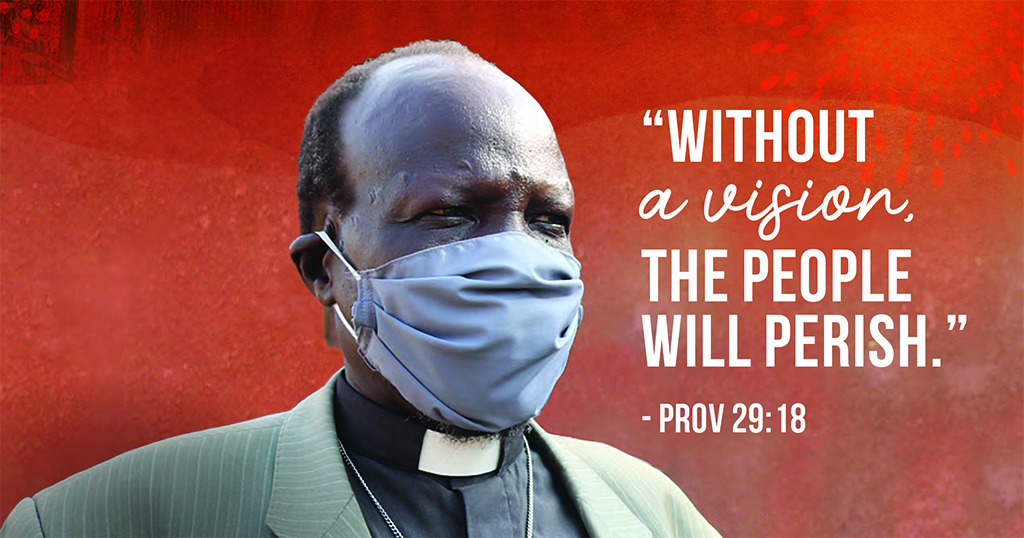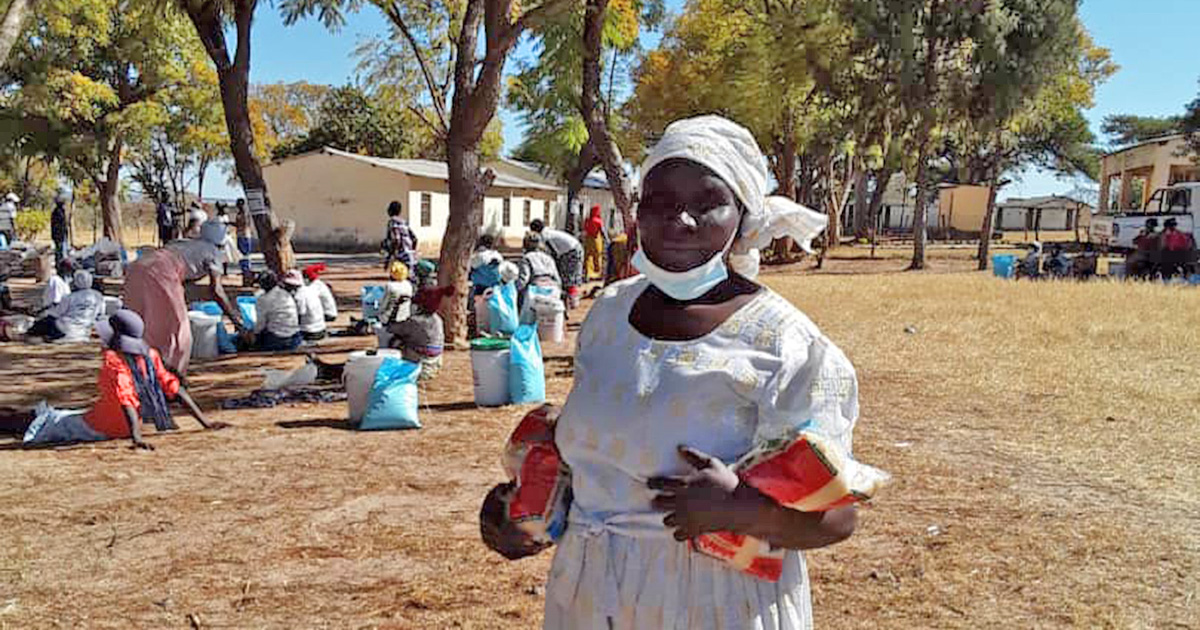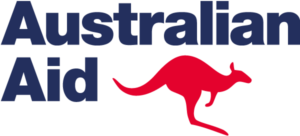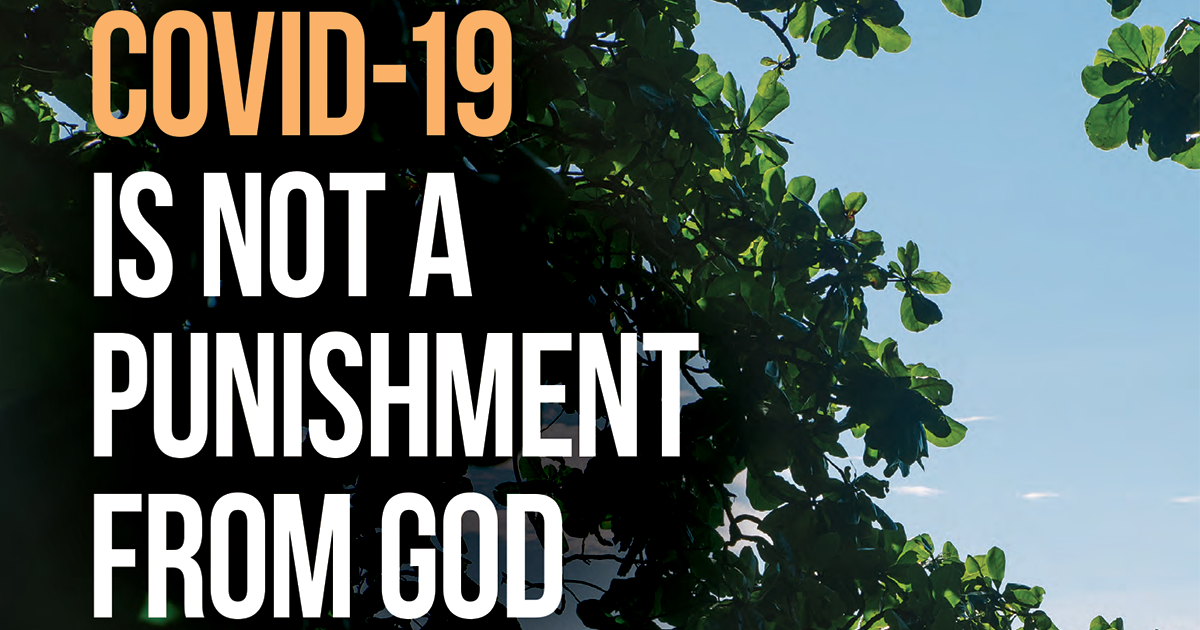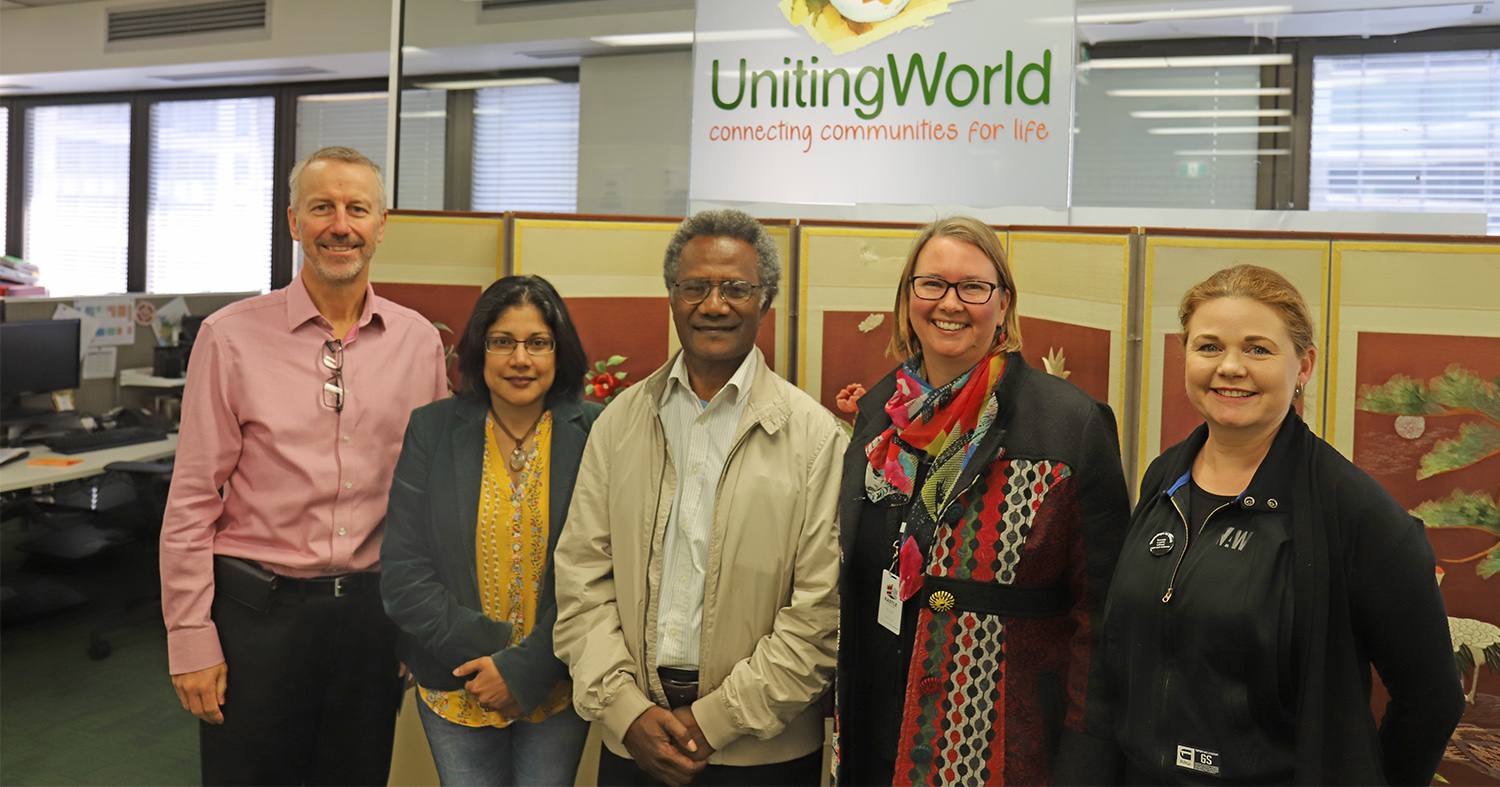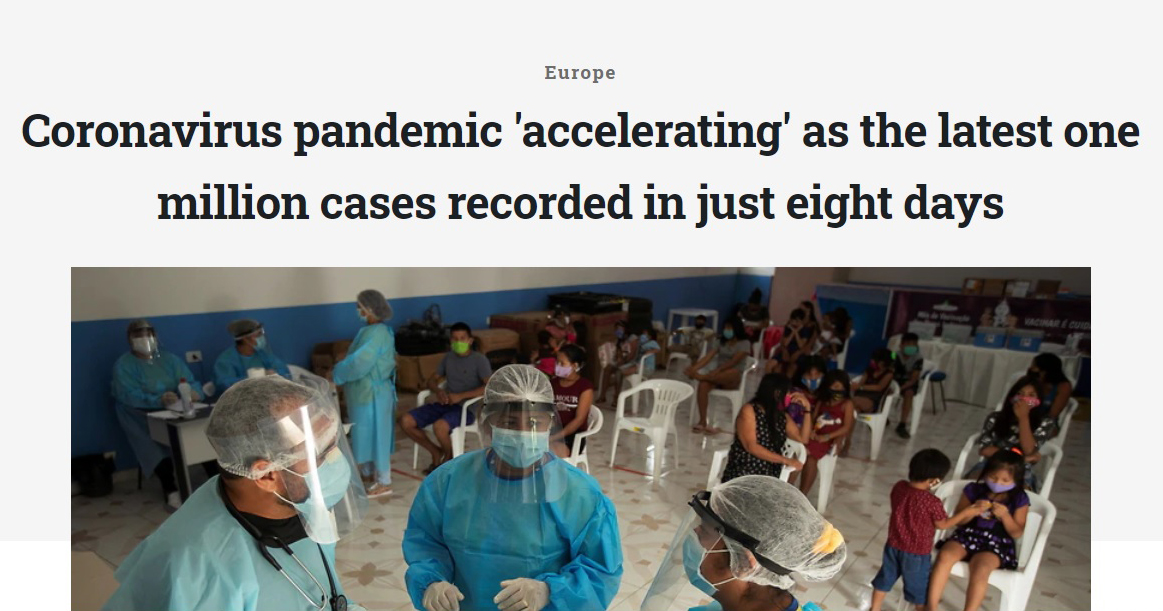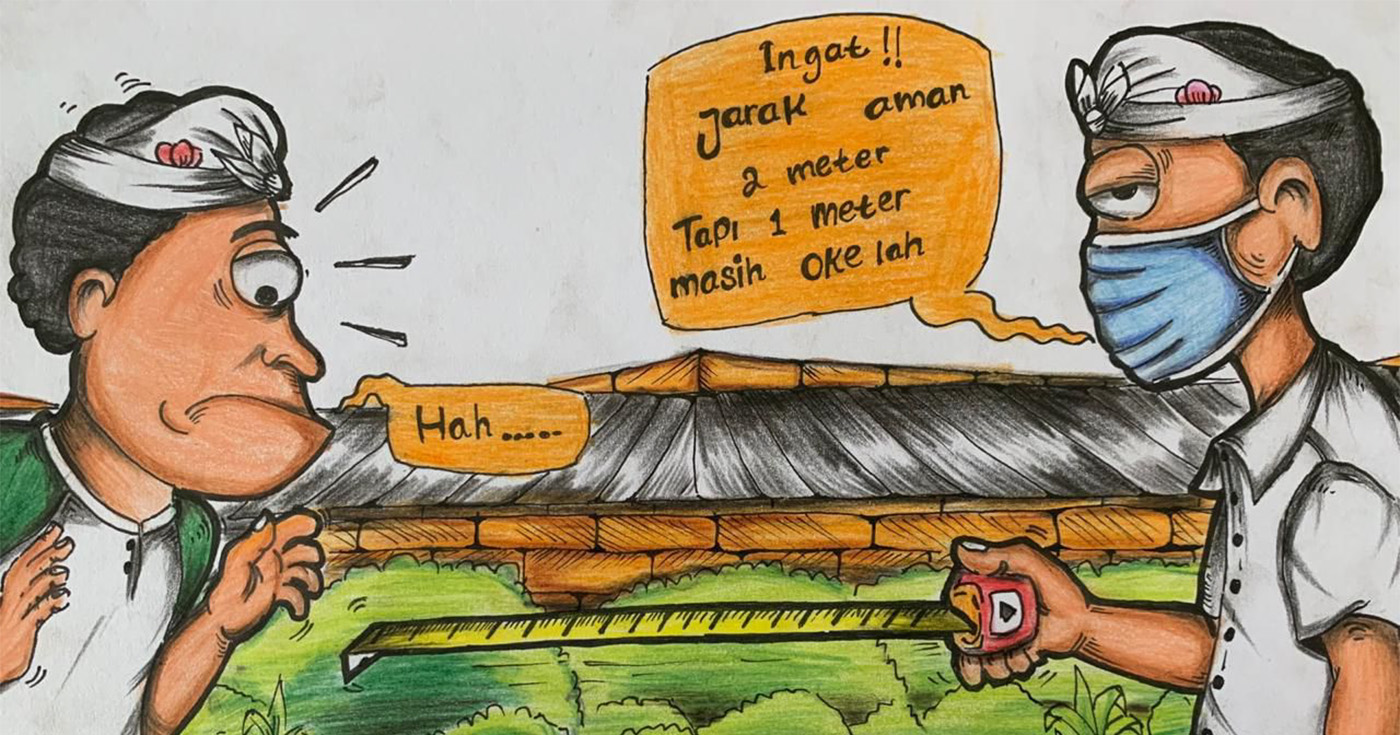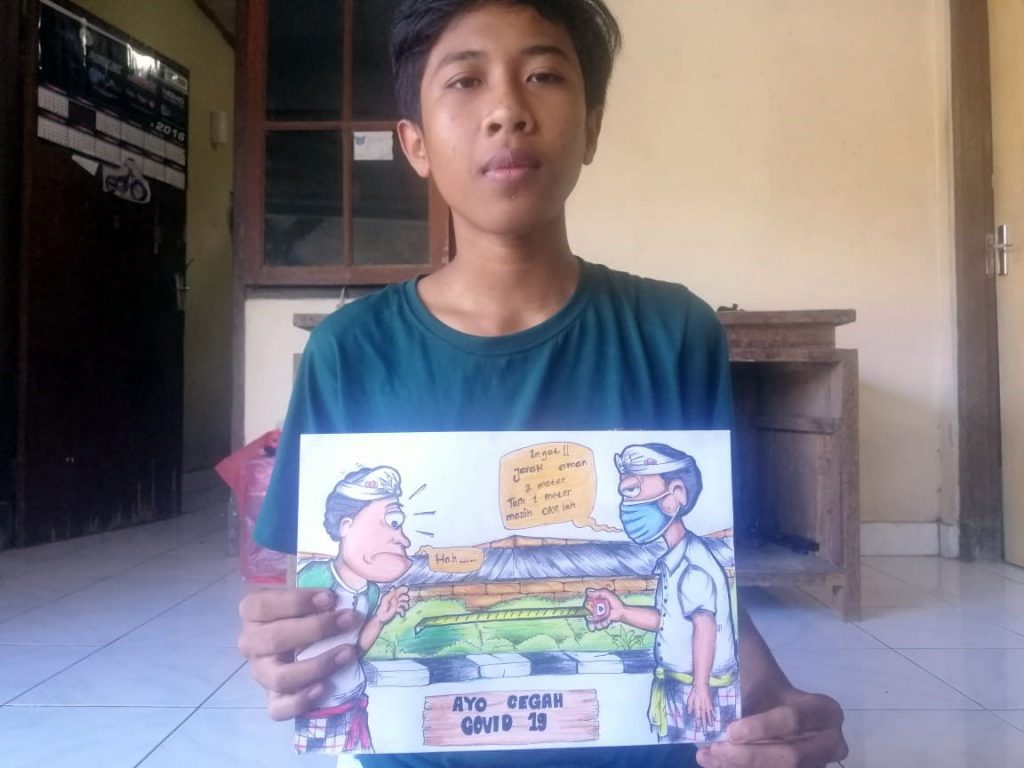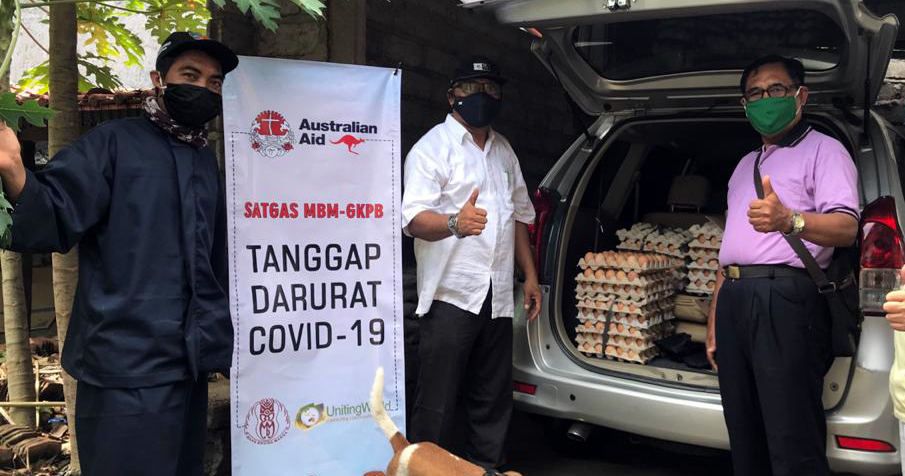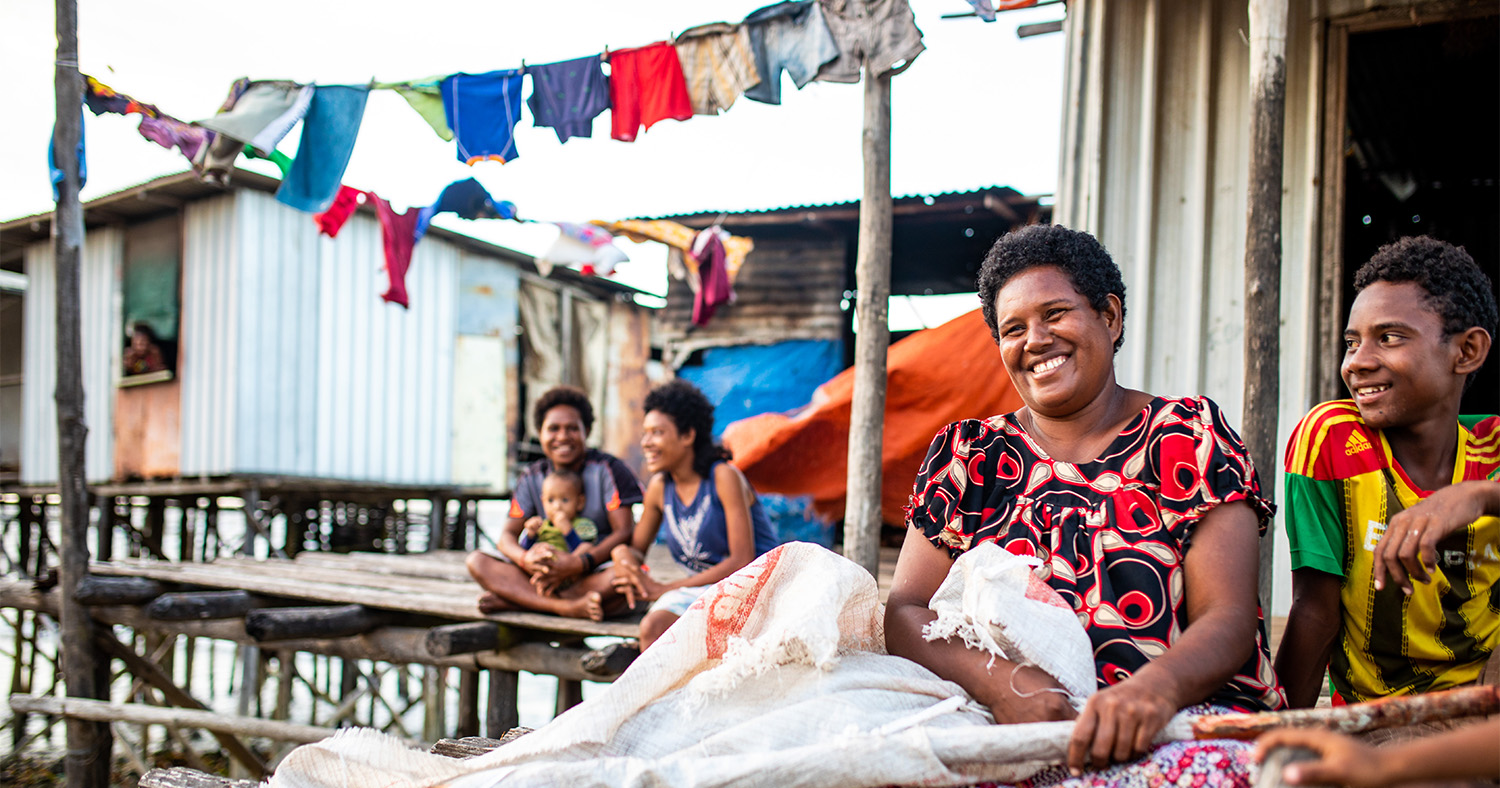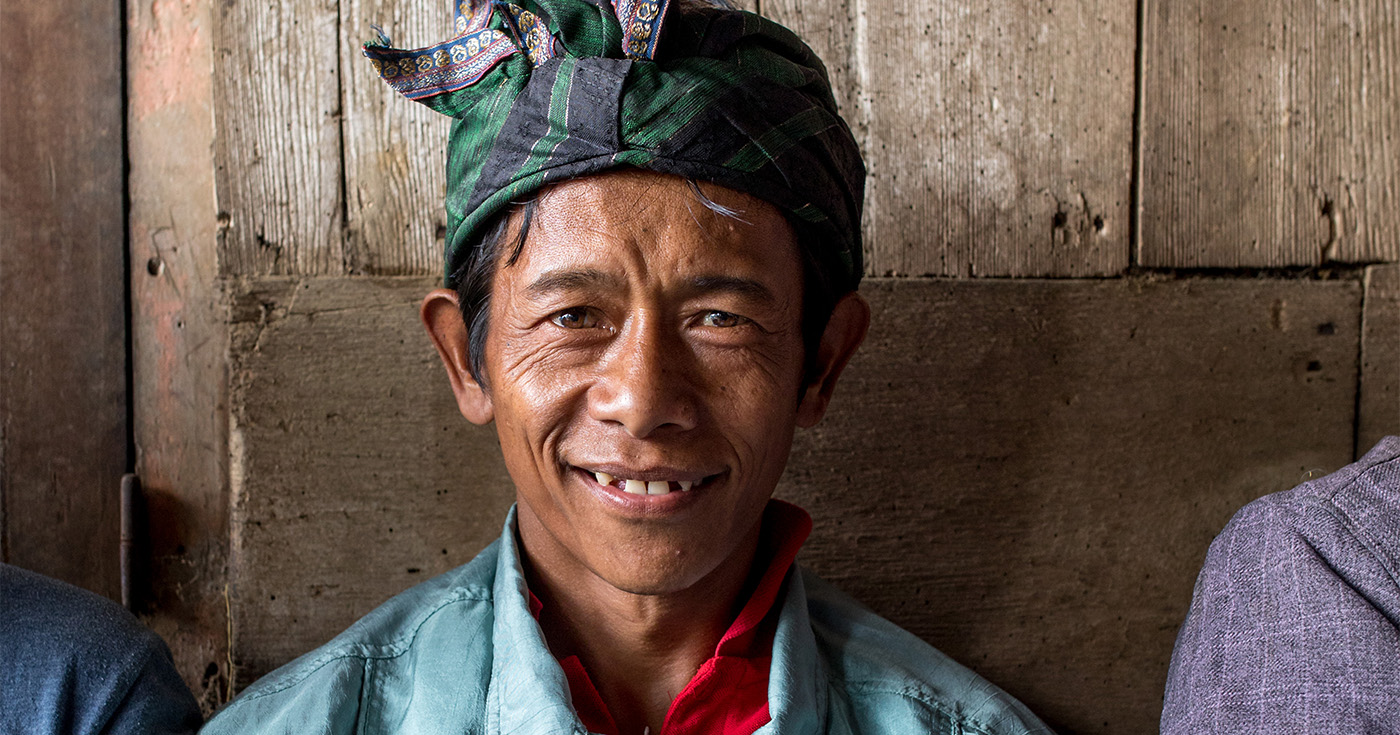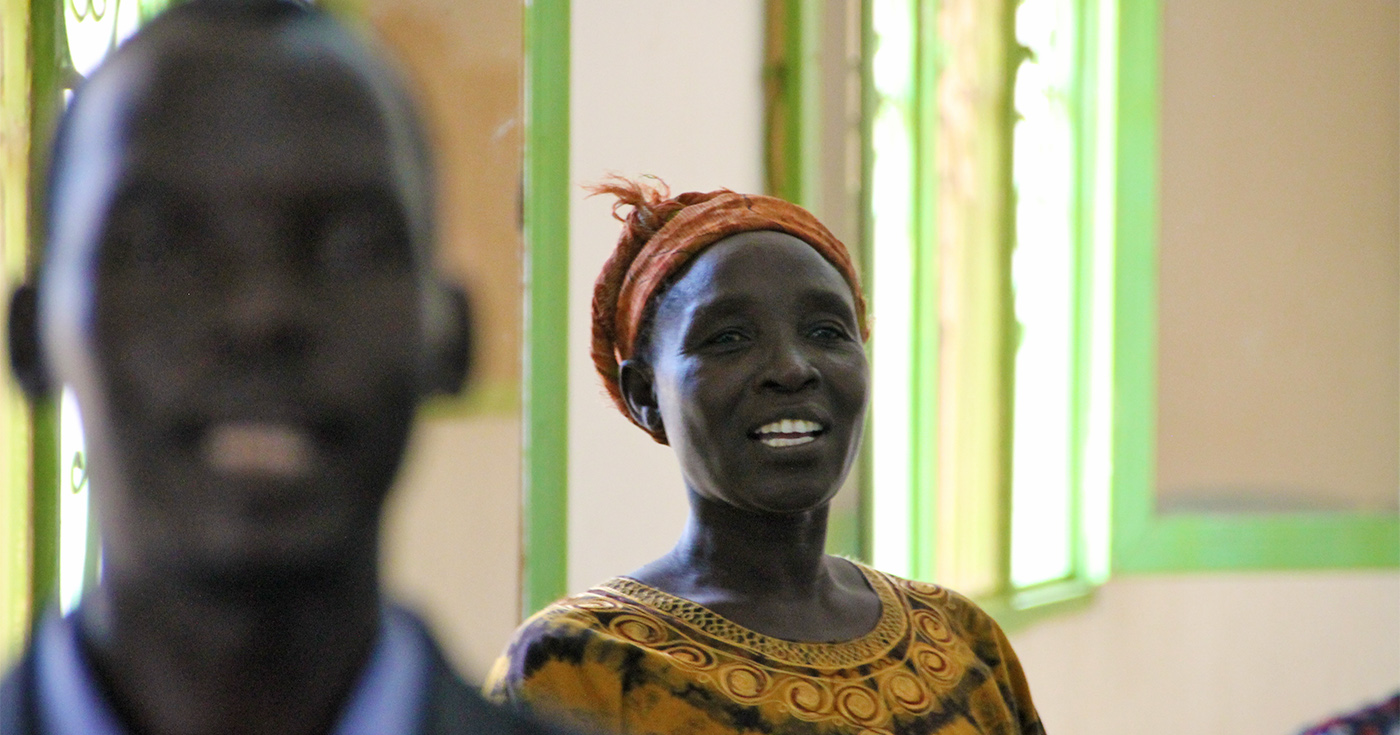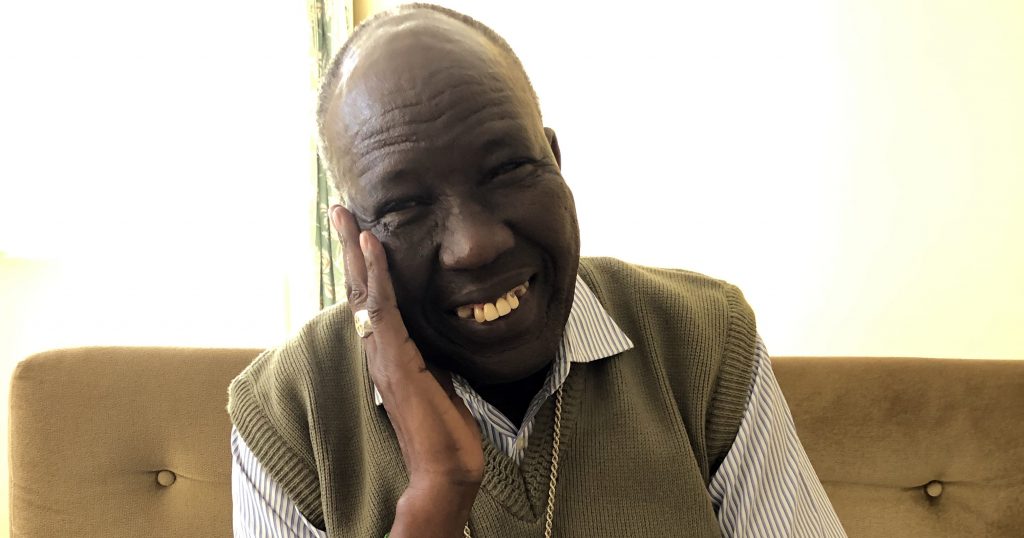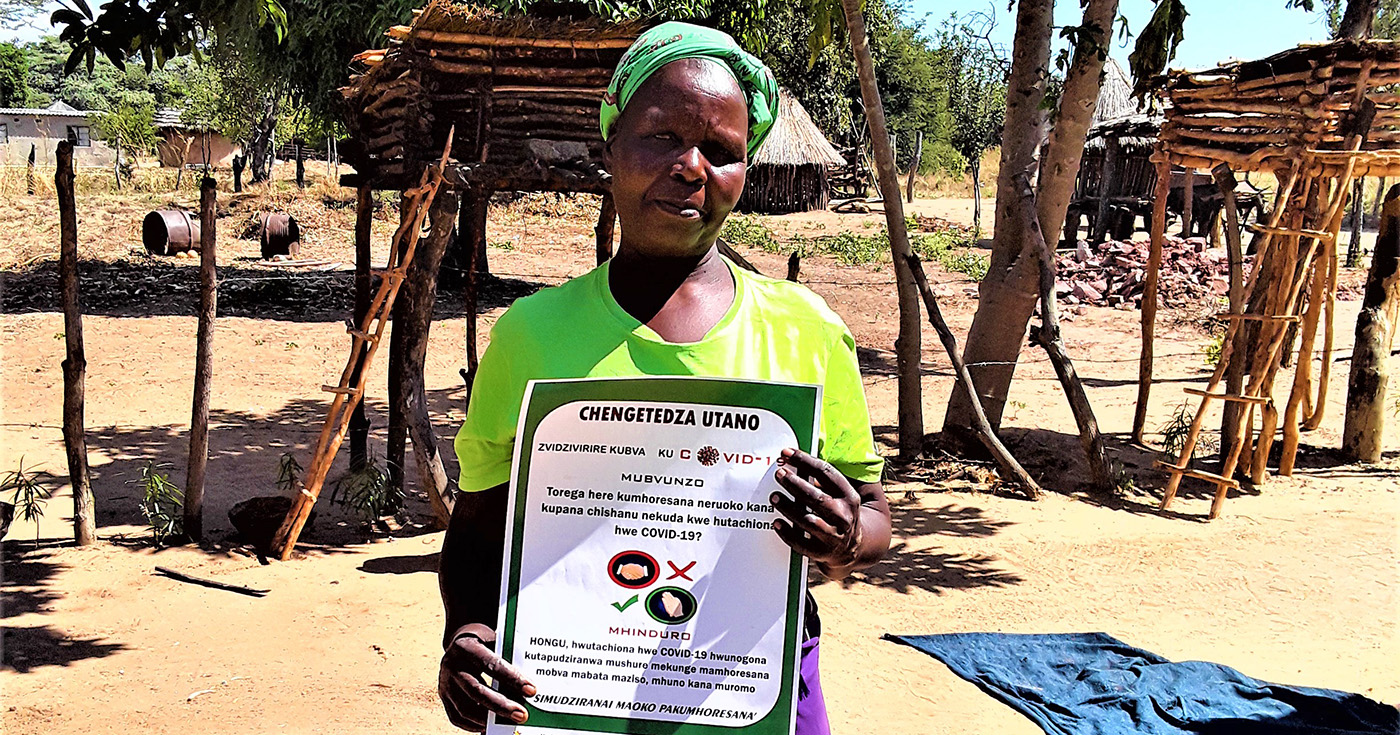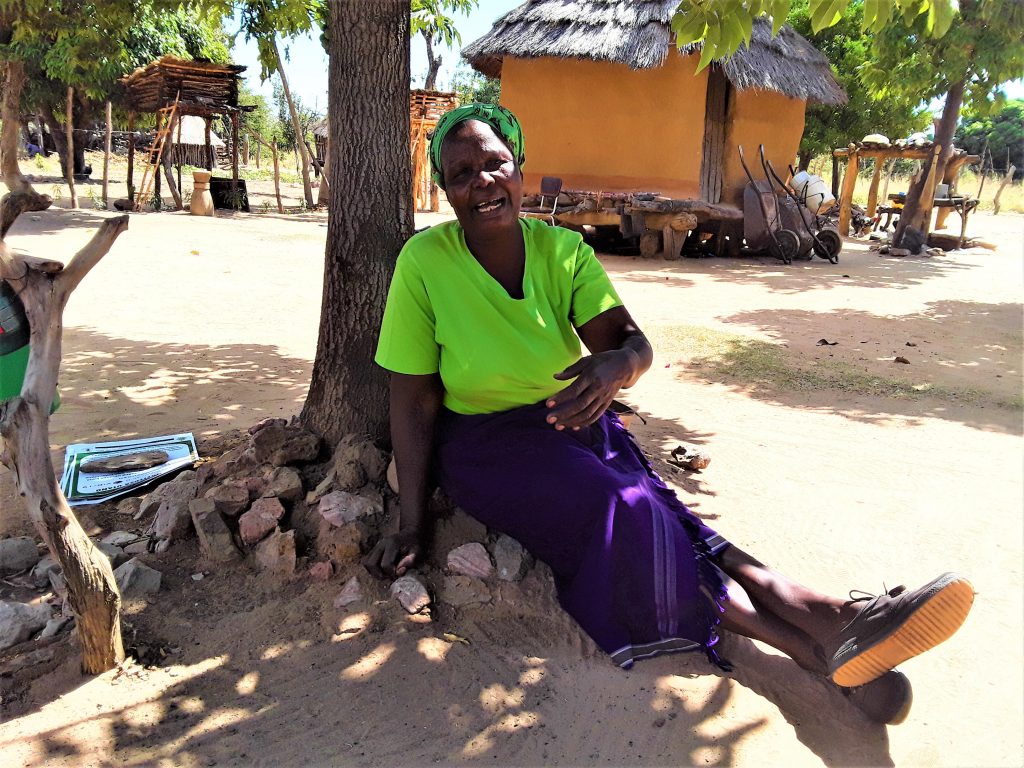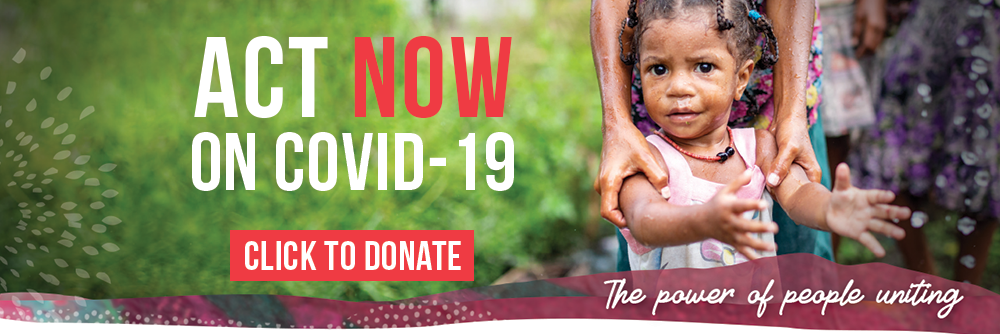Early this week we received news of the death of Reverend Sir Samson Lowa, former Moderator of our partner, the United Church in Papua New Guinea (UCPNG).
Rev Lowa will be remembered as a great Pacific leader and peacemaker who saved a church, championed ecumenical partnerships and influenced all those around him with humility and servant leadership. Leaders of the Uniting Church in Australia past and present have been paying tribute to a remarkable man and leader this week.
Former National Director of Uniting International Mission (now UnitingWorld) and close friend, Reverend Bill Fischer said of him:
“Rev. Samson Lowa was a most outstanding spiritual leader. He was of small stature, was gentle and humble, and radiated a deep faith and a genuine and pure heart. He reflected the love and peace of Christ and touched the hearts of all those he met.”
When Rev Lowa was elected Moderator in 1998, UCPNG was reeling from leadership disputes and facing insolvency. Banks were threatening to sell church properties to recoup debts. Rev Lowa met with the banks to negotiate a repayment plan so that churches could stay open, even offering to go to prison for the unpaid debts.
After negotiating a solution, he dealt with the leadership and transparency issues in the church, shifting the moral culture and steering UCPNG into the well-governed church that it is today.
Former National Director of UnitingWorld Reverend Dr Kerry Enright remembers Rev Lowa’s leadership as a turning point for the entire church that can be credited to the “power of his humble and transparent goodness.”
“… that goodness flowed through a large and complex church, hundreds of languages, many islands, dispersed people. When he retired, he left a church that had hope and a sense of unity,” said Rev Dr Enright.
Rev Lowa was influential in establishing the Church Partnership Program (CPP), an ongoing ecumenical collaboration of PNG churches to strengthen the institutional capacity of churches to deliver crucial health and education services, as well as activities in gender equality, social inclusion, peace and disaster risk reduction.
Current National Director of UnitingWorld Dr Sureka Goringe said his legacy in Papua New Guinea and Australia taught us what is possible when we choose to connect and have real relationships across boundaries. Both parties can be enriched forever.
“His recent work in brokering peace between communities in Bougainville in the run up to the referendum was nothing short of miraculous and inspiring – a testament to Rev Lowa’s courageous faith, and commitment to building bridges and healing relationships,” said Dr Goringe.
Immediate past National Director of UnitingWorld Rob Floyd also remembers the way he brought people together to solve problems.
Rev Samson Lowa was a great leader and a great friend. Samson was loved and respected by everyone he met. He always made time to meet and listen to people and was able to bring people together in fellowship and shared purpose, often in very difficult situations,” said Mr Floyd.
During his time in leadership, Rev Lowa was a strong advocate for gender equality and the role of women in the church. When asked about his role in establishing the CPP, he was always keen to credit women’s fellowship groups on the success of church-based community development in PNG and for convincing the Australian Government to follow their lead.
“The women’s ministry is the most powerful ministry in the United Church of Papua New Guinea,” he said in 2012.
Throughout his life, Rev Lowa made strong connections with people and churches throughout Australia and the Pacific.
In Australia, he formed close friendships with Aboriginal leaders Rev Dr Djiniyini Gondarra, former Moderator of Northern Synod, and civil rights leader Rev Charles Harris, who established the Uniting Aboriginal and Islander Christian Congress (UAICC). Rev Lowa supported Harris with the formation of UAICC and regularly attended Uniting Church Triennial Assemblies to connect with First and Second Peoples of the UCA.
Rev Dr Gondarra wanted to pay tribute to Rev Lowa this week in Tok Pisin language, as a sign of the deep respect and connection they shared:
Mi bin bungim Talatala Samson Lowa long nambawan taim, taim emi kam wok wantem Uniting Church NSW Synod long hia long Australia.
Talatala Samson wantem Rollie Bush na Pastor Charles… blong Uniting Church Townsville ibin wok bung wantem, long kamapim gopas wok na mekim kamap driman na visin blong faundasin bilong Aboriginal na Islander Congress aninit long lukaut blong Uniting Church Australia.
Lo makim UAICC, mi tok tenk yu long Papa God long sevis bilong Rev Lowa. Em trupla lida, brata insait long Krais, na man husat ibin sanap pas klostu wantem mipla. Mipla tok tenkyu long yu.
Rev Lowa was widely known and respected across the Pacific region.
Reverend James Bhagwan, General Secretary of the Pacific Conference of Churches called him an “ecumenical giant,” whose passing calls each of us to reflect on our own contribution to God’s people and creation.
“We give thanks to God for the life and ministry of servant leadership of Rev. Lowa and his contribution to the ecumenical movement. The passing of this humble ecumenical giant calls us to reflect on what our contribution, what our legacy will be as we serve God’s people and creation in the Pacific during these challenging times,” said Rev Bhagwan.
In 2010, Rev Sir Lowa was awarded a knighthood in the Queen’s Birthday Honours in recognition of his long service to education and the community as Moderator of the United Church in Papua New Guinea.
Uniting Church in Australia Assembly President Dr Deidre Palmer has asked UCA members to keep Rev Lowa’s family and colleagues in the UCPNG in their prayers.
“We give thanks to God for the life of Rev Sir Samson Lowa – and God’s great blessing of his faithful service alongside Uniting Church members in Australia, Papua New Guinea and the whole Pacific region,” said Dr Palmer.
Rest in Peace Reverend Sir Samson Lowa: 15 August 1949 – 24 June 2020
More Uniting Church members pay tribute to a remarkable man and leader
Samson Lowa was a remarkable international church leader, particularly in the Pacific region. His quiet humility, his total integrity, his complete determination and, most of all, his passion for proclaiming the gospel in word and action were together an inspiration to his many friends, myself included During the twelve years that I was privileged to work with him, as Chairperson of Uniting International Mission and as President of the Assembly, the blessings which he bestowed on us as a Church were enormous, in addition to all that he meant throughout the Pacific.
-Rev. Professor James Haire AC, Charles Sturt University, Canberra
It was Sam’s gentleness, humility and grace that was so marked. He did not seek out high office. He ministered and worked with integrity. He trusted others and had a way of rebuilding trust in the way he quietly and without fuss brought his intellect to bear to work patiently through matters that seemed impossible to solve. He was a living example of the fruit of the Spirit. It was a blessing to know him.
-Reverend Dr Dean Drayton, United Theological College
I looked up to the late Rev. Sir Samson Lowa as a spiritual mentor in my early youth formation years, and later as my congregational minister. I will always remember him as a humble servant who served everyone equally. He believed in forgiveness and reconciliation which was very much part of his life and ministry testimony. May he rest in eternal peace in the presence of His Saviour and Lord.
-Amos Leana, Nungalinya College
Rev. Samson Lowa was a very special person who reflected the love and peace of Christ and touched the hearts of those he met. One of the greatest privileges and blessings in my life was to work closely with Samson for six years and to form a deep spiritual friendship that endured.
-Reverend Bill Fischer, Former Director of Uniting International Mission
Samson was indeed a very special man and I always had deep admiration for his faith, wisdom and gentle leadership. The don’t come any better than he did.
-Bruce Mullan, former Director of Church Connections, UnitingWorld
He was indeed a very special person, and gave the church wonderful leadership, as well as his peace-making work in the Bougainville conflict.
-Reverend Neville Threlfall
“One of the Pacific church fathers. He was a charismatic leader in the PCC (Pacific Conference of Churches) family, a man of great mana. The church will miss the humble Samson Lowa.
-Reverend Dr Matagi Vilitama, UCA Being a Multicultural Church Advocate

